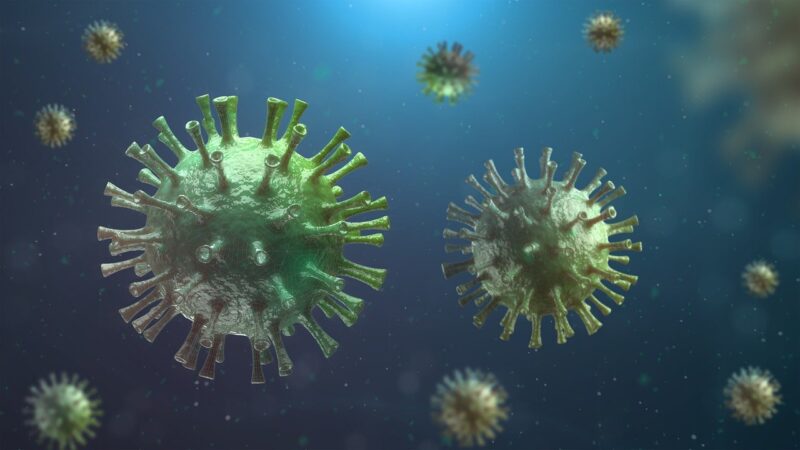
Researchers at the University of New Hampshire (UNH) have found that a repurposed drug, CCG-50014, could hinder the activity of a key enzyme of the SARS-CoV-2 virus, which causes Covid-19.
Utilising a currently available drug compound in a new way is called drug repurposing.

Discover B2B Marketing That Performs
Combine business intelligence and editorial excellence to reach engaged professionals across 36 leading media platforms.
The main protease enzyme Mpro, a key enzyme related to Covid-19, was the key target of the team in the study.
Mpro has become the main focus of intense research and treatment development as it is vital for viral replication.
It functions as a molecular scissor by slicing long chains of virus’ polypeptide proteins into smaller component proteins. These smaller segments can subsequently fold and develop to create new virus particles.
In the study, the researchers studied the hindering properties of a derivative of the potent chemical compound called Thiadiazolidinones (TDZD), which are being analysed as a potential therapy for neurological ailments such as Parkinson’s disease.

US Tariffs are shifting - will you react or anticipate?
Don’t let policy changes catch you off guard. Stay proactive with real-time data and expert analysis.
By GlobalDataTo act on Mpro, they used a specific TDZD compound called CCG-50014.
Using molecular dynamics simulations along with lab experiments, the team found that the TDZD compound could hinder the Mpro enzyme.
The increased infection rate of Covid-19 indicates the requirement for an alternative treatment development pipeline instead of the intensive process to launch new drugs to market, the researchers said.
University of New Hampshire chemical engineering associate professor Harish Vashisth said: “The goal was to slow or prevent the spread of the virus by using a strategic therapeutic that could possibly disrupt key steps in the viral life cycle at the molecular level, like the first contact with a healthy cell or the first step in replicating within an infected cell.
“Coronaviruses, like Covid-19, are a notorious group of infectious agents that include a large class of viruses with RNA genomes, similar to the human DNA genome, that depend on well-organised protein structures crucial for viral growth and replication.
“These viruses can develop rapid defences at the cellular level by orchestrating these layers, or folding mechanisms, in viral proteins so the key is to find a way to shut them down.”




